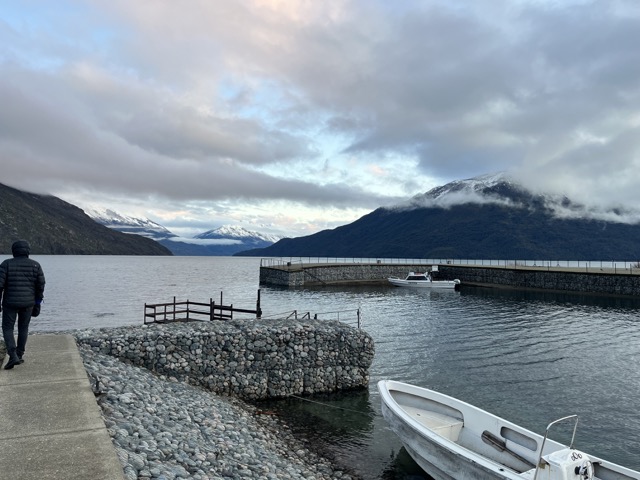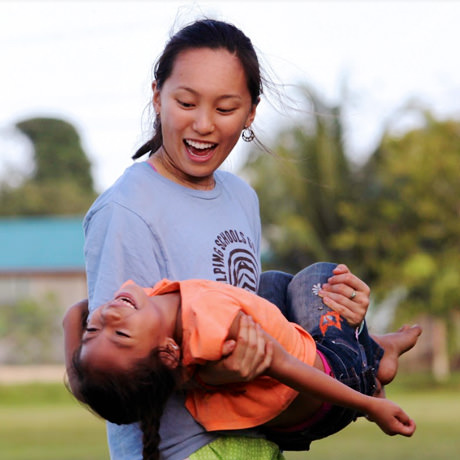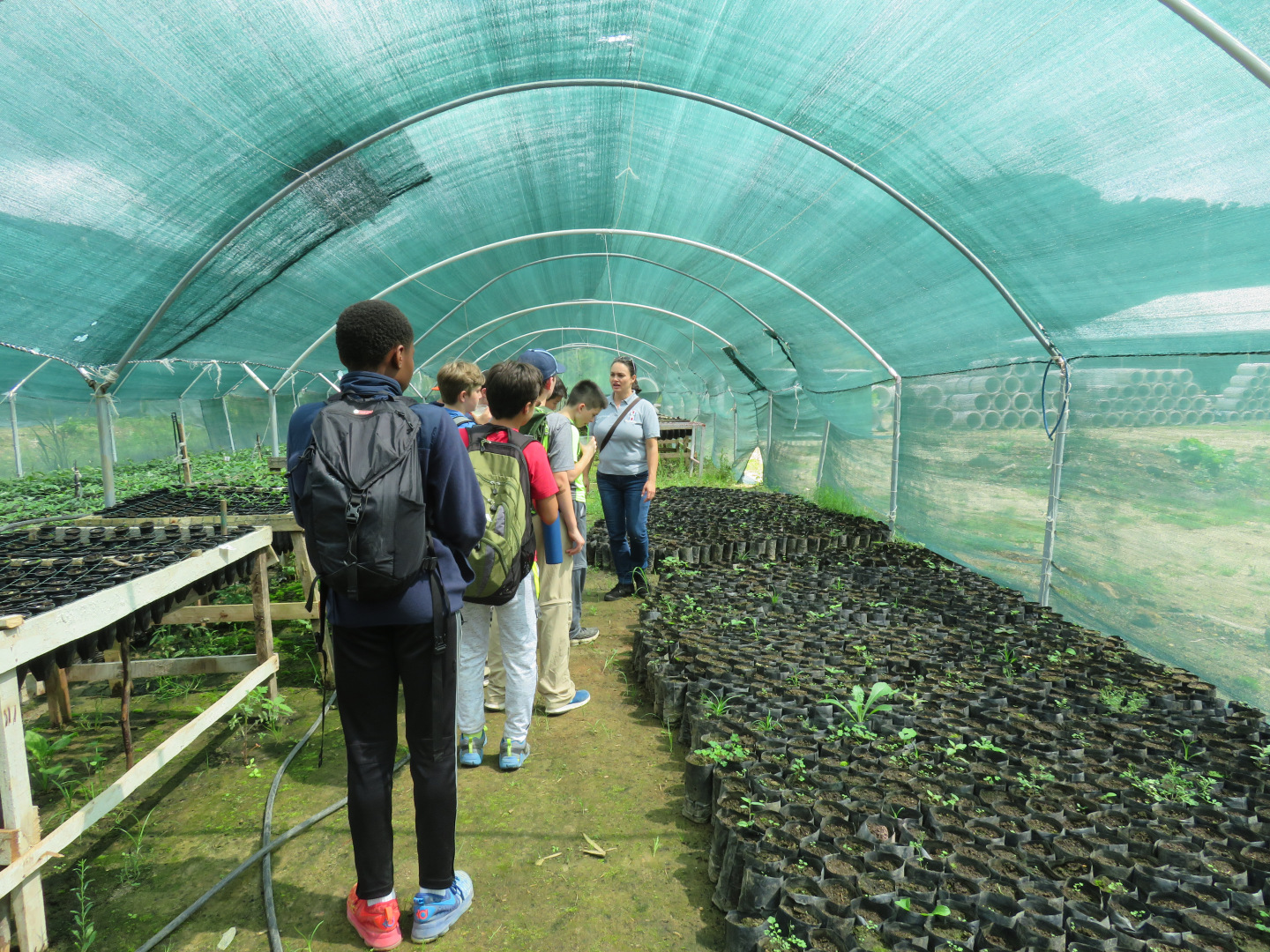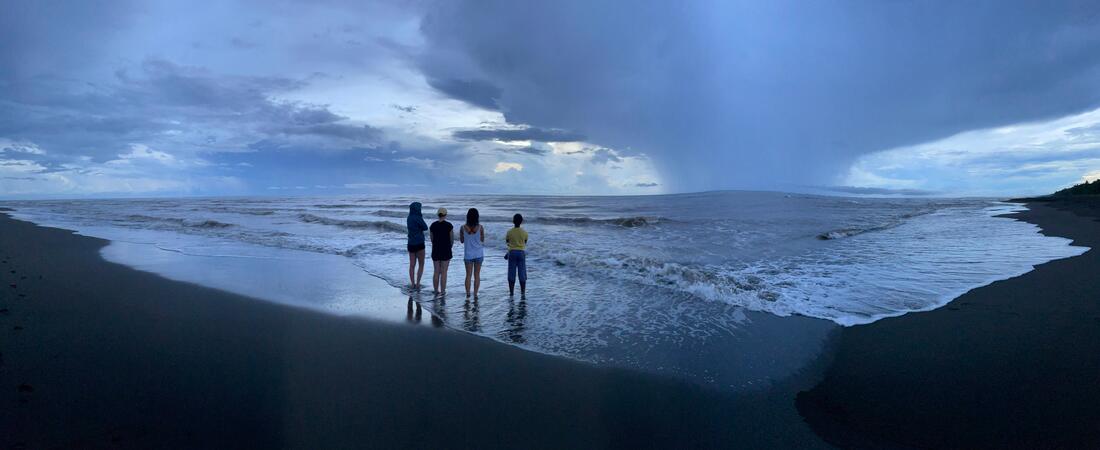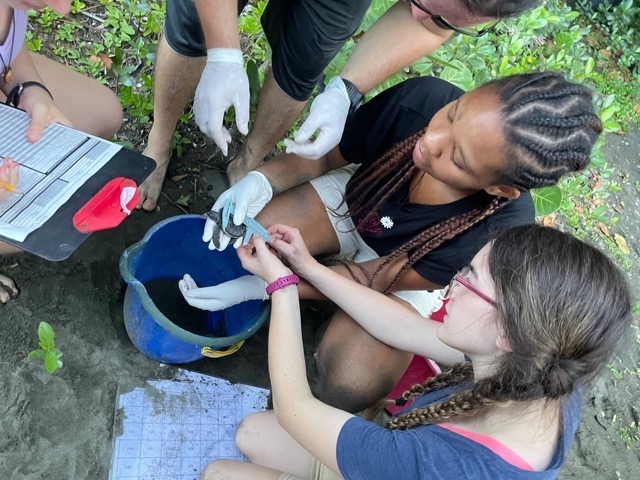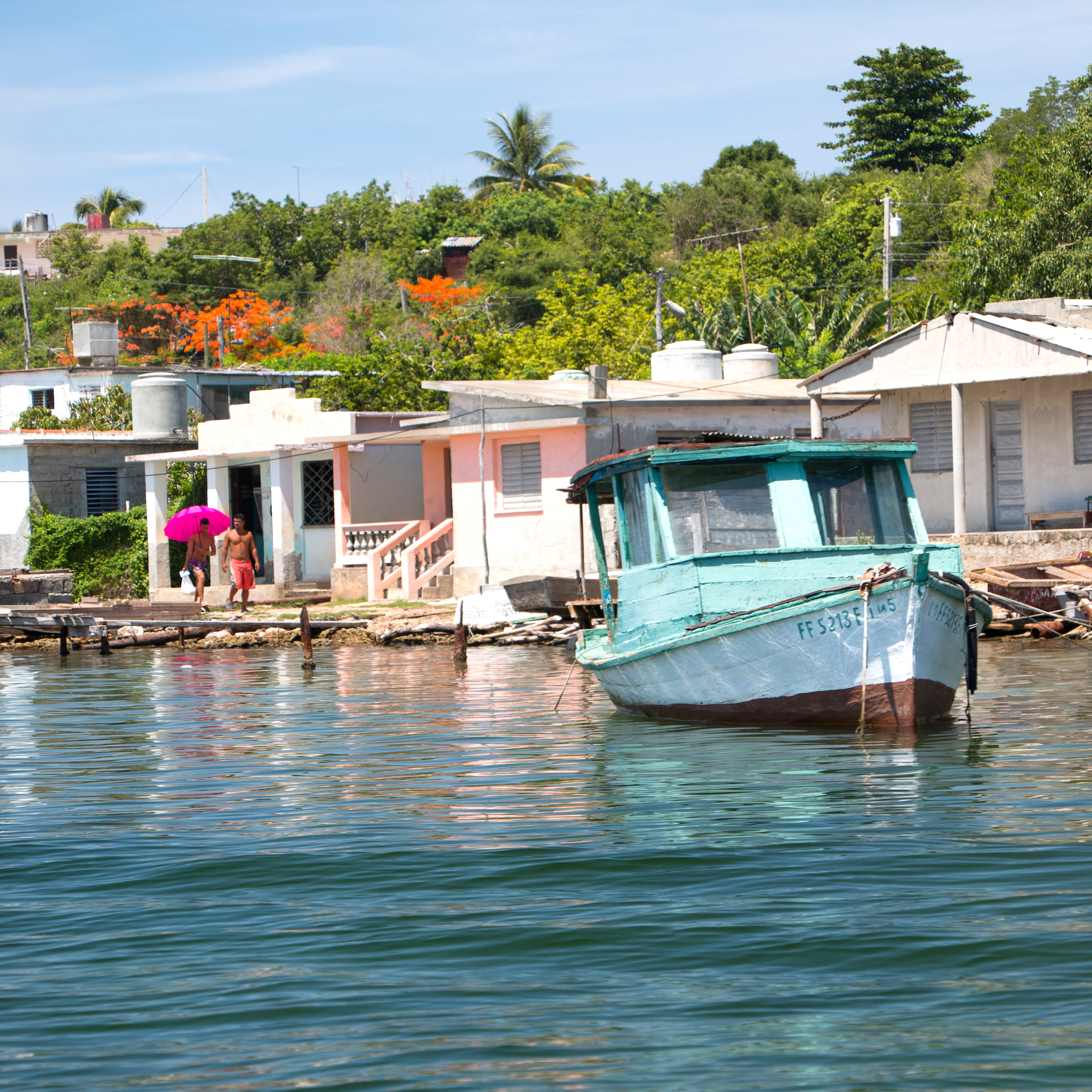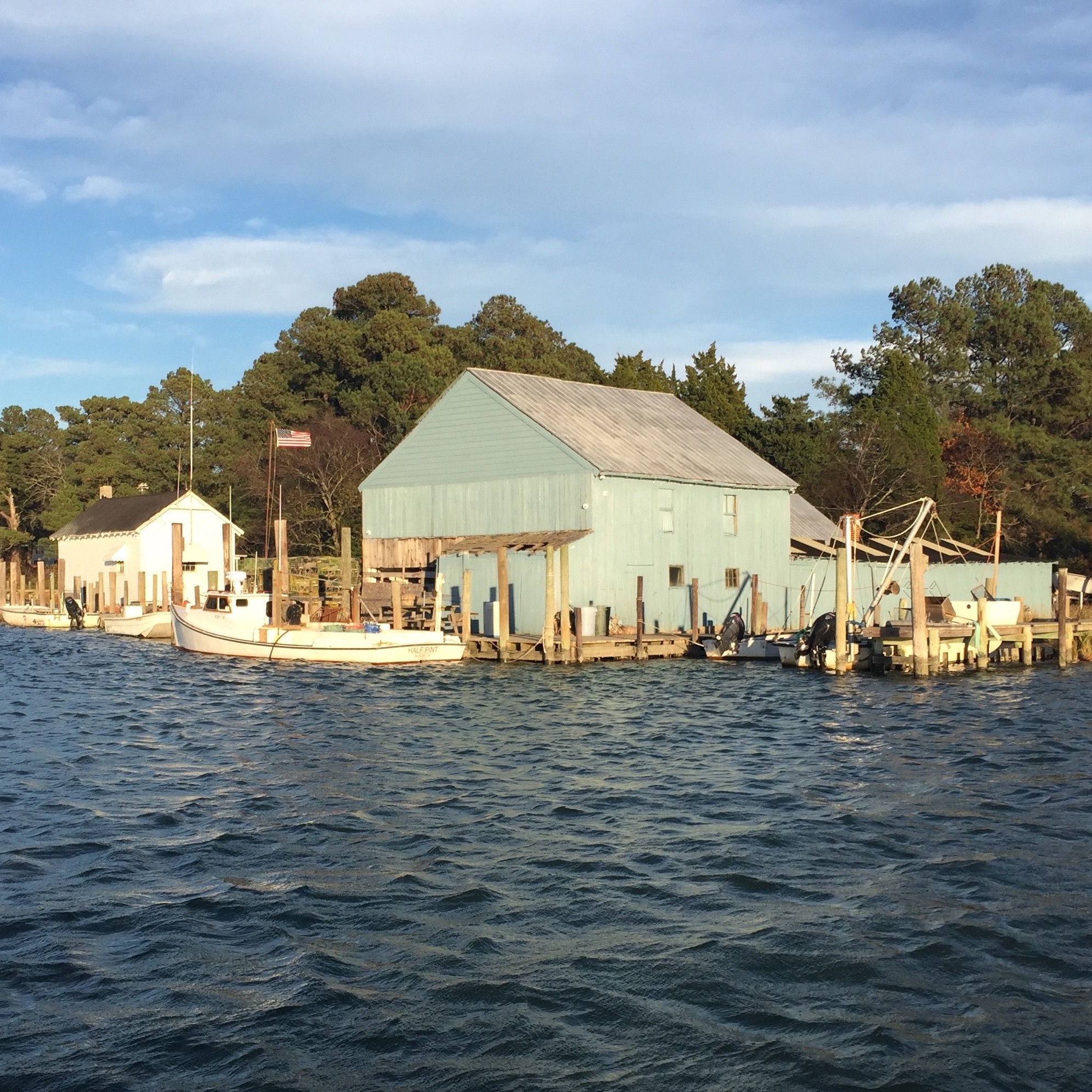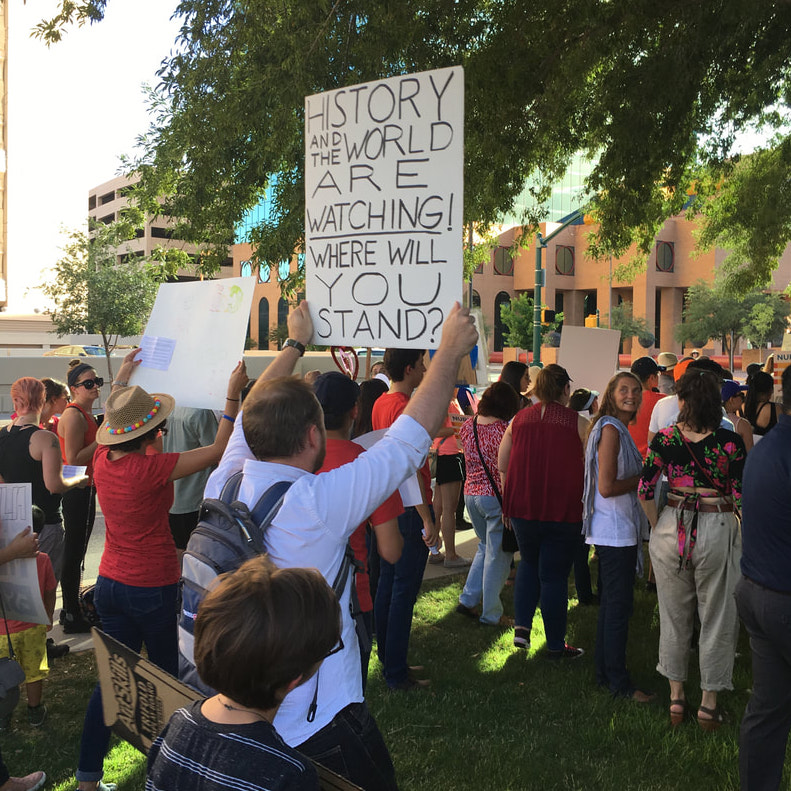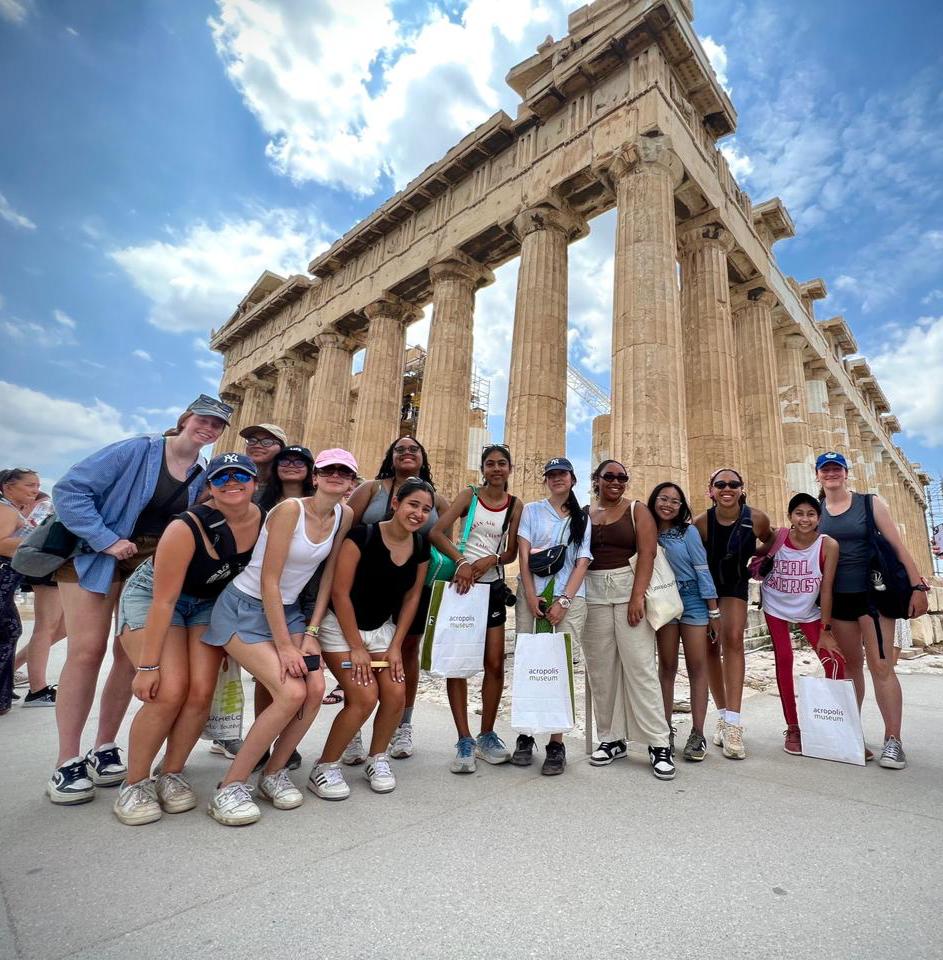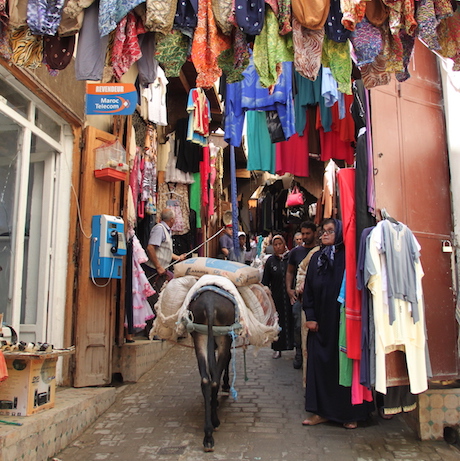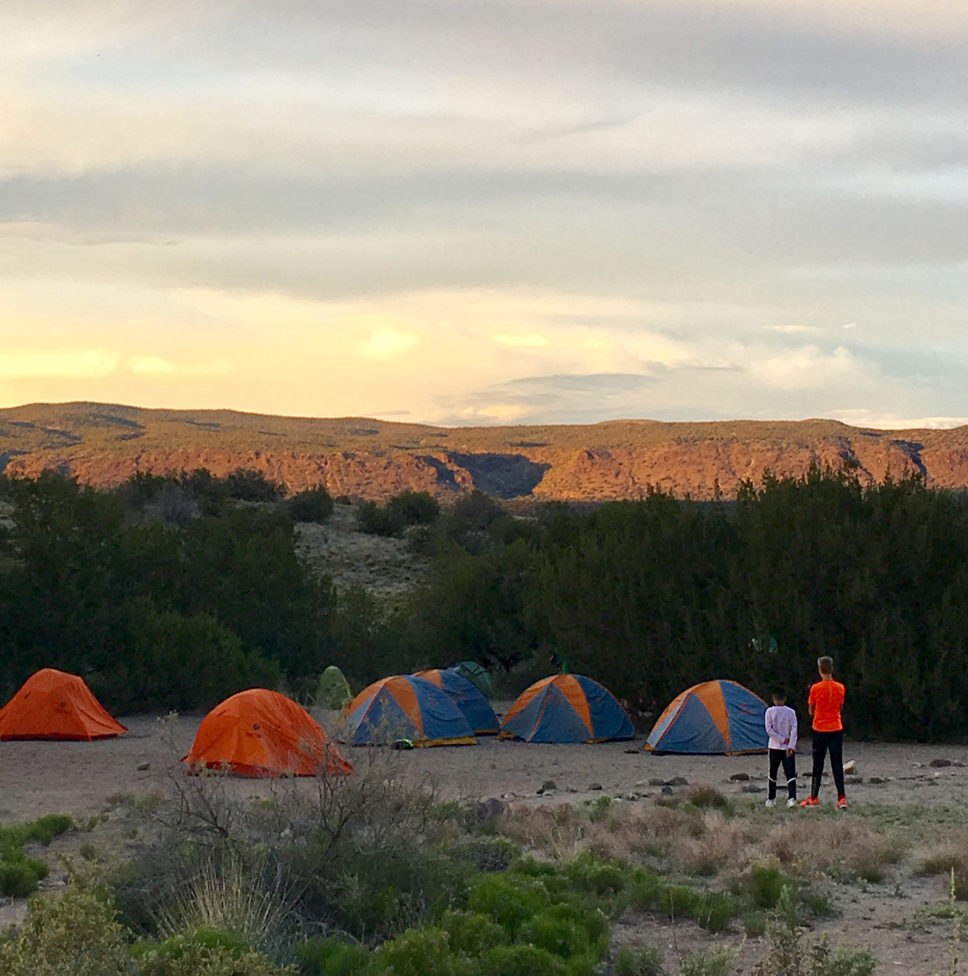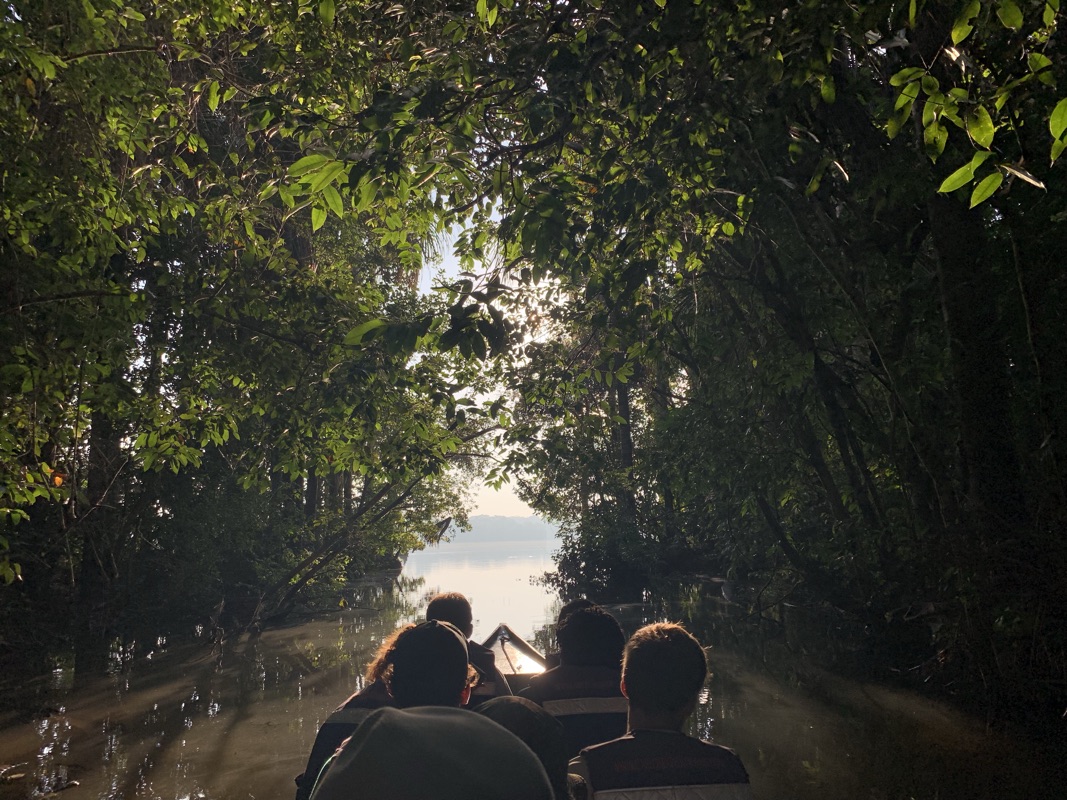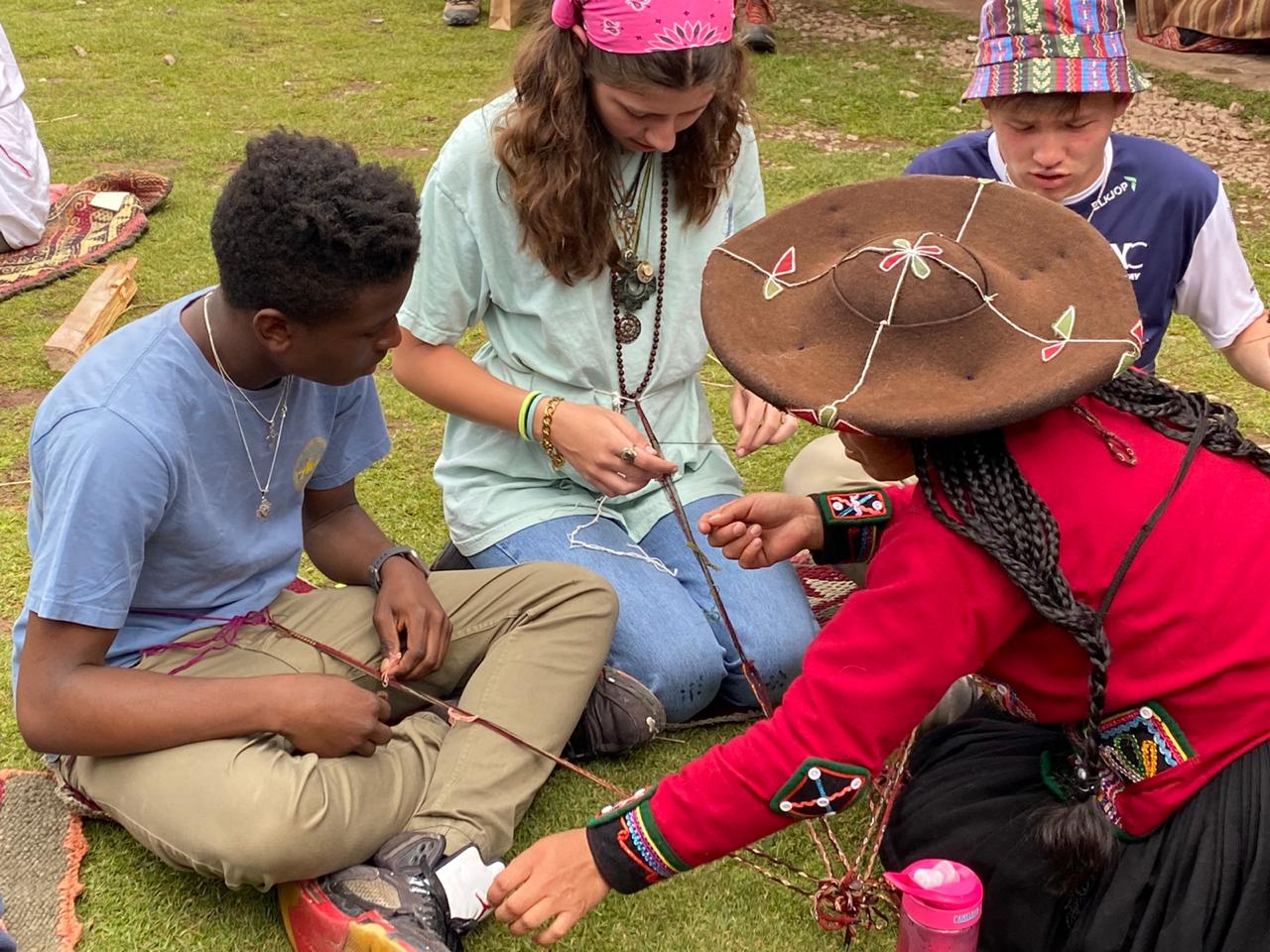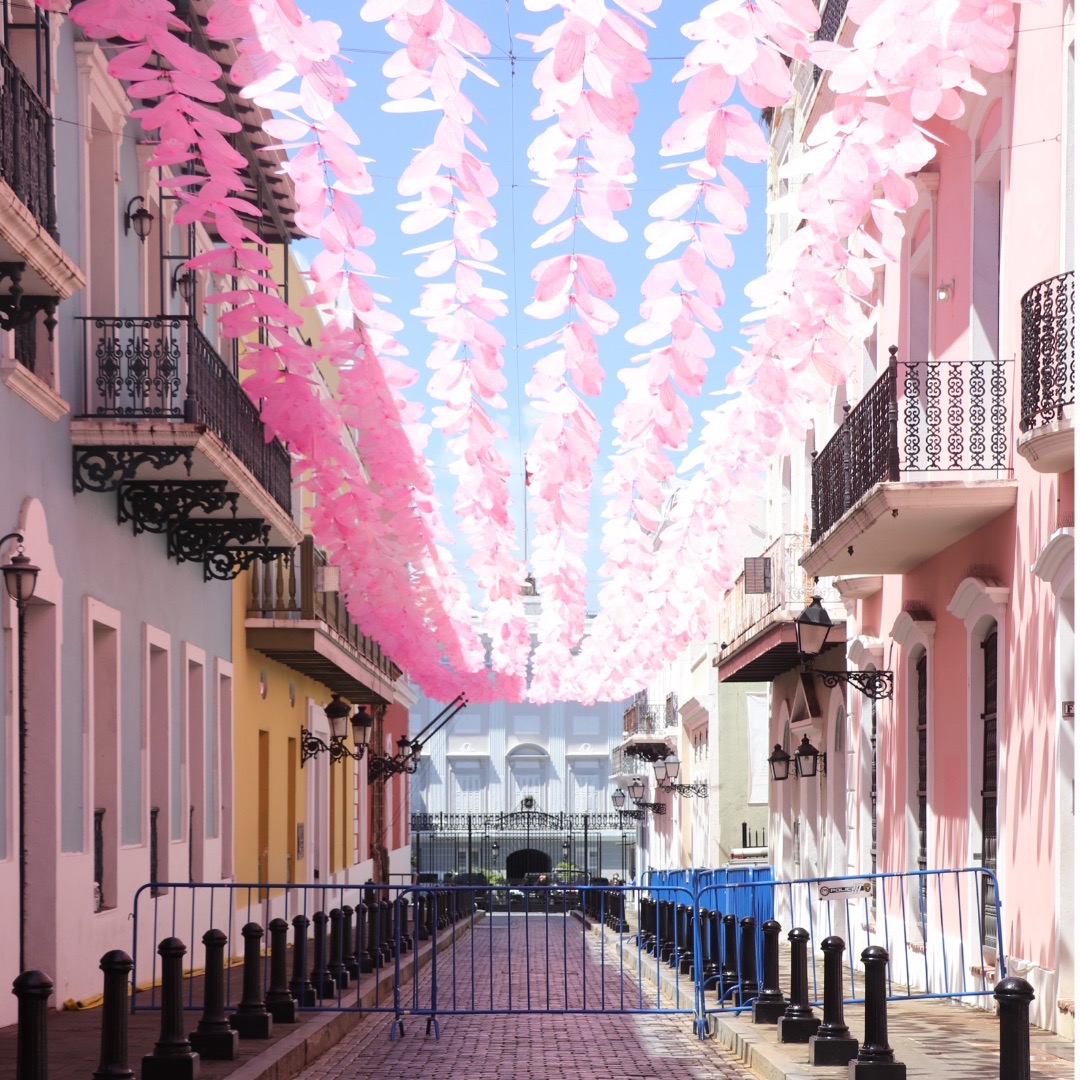Programs in Cuba
Our Cuba program is located on the western coast of Cuba. Viñales, known as the world’s premier place to grow tobacco, is picturesque, with rolling fertile fields and thatched houses used to dry tobacco. An NGO Partnership program in Cuba allows students to learn from and work alongside local leaders doing incredible work focused on art and culture. The program will begin in Havana where students will stay with local families, known as casa particulares. Students will explore the vast history of Havana, visit Ernest Hemingway’s home, and learn about local leaders. They will visit community projects and collaborate with local students on dance, music, and art. Then the Cuba student travel group will transfer to Viñales where they will learn from local leaders about how they are working on solutions to global issues affecting the local community.
Cuba, a country whose history is inextricably woven together with that of the United States, is thrilled to welcome Americans following the U.S. government’s decision to lift travel restrictions. While Cubans have long held their doors open to U.S. visitors, only recently have changes in U.S. law allowed Americans to visit the island easily.
Cuba is a paradox. On the one hand, the country seems frozen back in 1959, the year Fidel Castro won control over Cuba— a year followed closely by the United State’s economic embargo against the country in 1962. American cars from the 1950s fill city streets, and Cubans largely remain disconnected from new technologies, particularly the Internet. On the other hand, Cuba has made remarkable progress in arts, theater, music, health care, literacy, education, environmental protection, and racial and social equality. After three decades of socialist progress and advancement, Cubans survived the devastating period especial during the 1990s, when the Soviet Union’s support evaporated and sent the Cuban economy into a tailspin. Today, Cuba is exploring a new brand of socialism, which includes more free market and slightly less governmental control, but it remains a country caught between the dream of socialism and the realities of human nature.
The safety of our programs rests on the experience and skills of our Staff, Country Coordinators and Instructors, who convene at our annual training in Colorado’s Arkansas Valley.
- The Staff of World Leadership School have decades of experience working in different educational environments. Their focus is logistics, risk management, program design, professional development, and consulting.
- Our Country Coordinators live and work year round in our overseas countries. They screen our homestay families, evaluate our transport and other service providers, and provide ground support for our groups.
- Our Instructors are veteran educators with extensive international experience. They have wilderness first responder training and often have past affiliations with Peace Corps, Outward Bound, NOLS, and/or independent schools.
We strive to responsibly manage risks. Our itineraries minimize highway travel and maximize immersion in rural communities that we know well. We update our risk management protocols, integrate feedback into program design, and invest in safety and communication equipment. Despite these efforts, World Leadership School cannot guarantee safety nor can it eliminate the inherent and other risks of international student travel. For information regarding program activities and associated risks, risk management, and student and parent responsibilities, please contact our office.
“I have a better understanding of some of the joys and challenges of everyday life for Cuban people. I got to see places I’ve only read about or seen in films, and that I’ve dreamed of seeing for many years. I met a wonderful cohort of motivated teachers who I will call on for ideas and support. I learned more about defining and assessing global competency, and thought more deeply about how to design a PBL project on Cuba for my sixth-graders in 2016-17.”
— Faculty from Crane Country Day School
“Personally, this trip provided me with a desire to return to Cuba. I fell in love with the people, music and dance within the country. I was truly moved by the Cubans who invited us into their homes, professional lives, hobbies and personal spaces. Professionally, I learned so much from my colleagues and the WLS leader Jennifer Klein. I learned a lot from this powerful introduction to project based learning and was inspired to start implementing it into my classroom. Also, as new teacher I was able to ask a lot of questions and learn many best practices to add to my teaching toolbox. For example: I was most influenced by ideas such as student voice and choice, self-run classroom, getting away from front loading and many more wonderful teaching techniques/practices.”
— Faculty from La Jolla Country Day School
“I gained a more well-rounded perspective and a host of authentic in-country experiences to share with my students. I also gained the desire and confidence to design better essential questions, from which more fulfilling projects will flow. Lastly, I am much more willing to allow time for inquiry, and I am excited about the results of more sustained inquiry.”
— Faculty from Blair Academy
“It was incredible to see the impact of U.S. foreign policy on other countries. It inspired me to talk more about U.S. policies and get involved with efforts to help oppressed people without the U.S. This was the greatest trip of my life.”
— Student from Buckingham Browne & Nichols


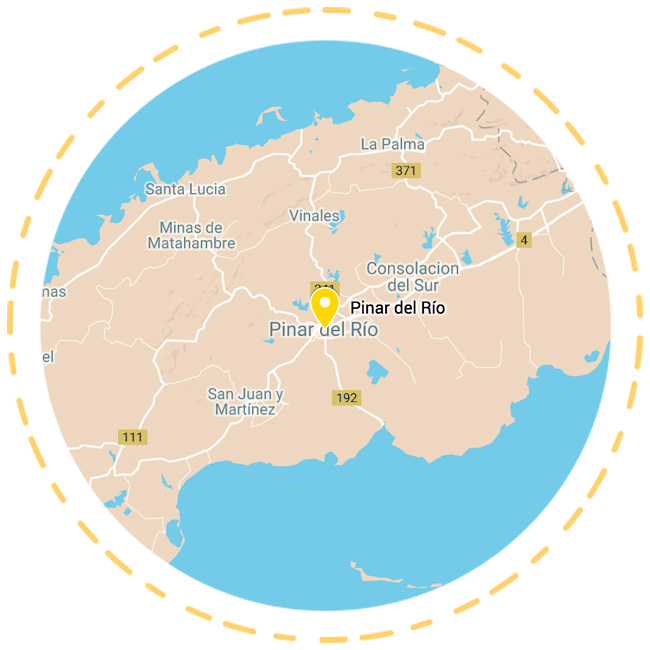
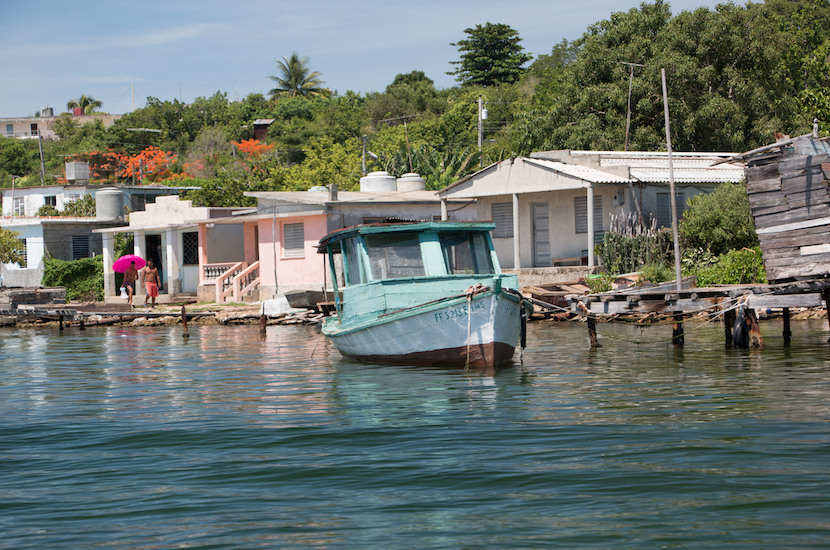
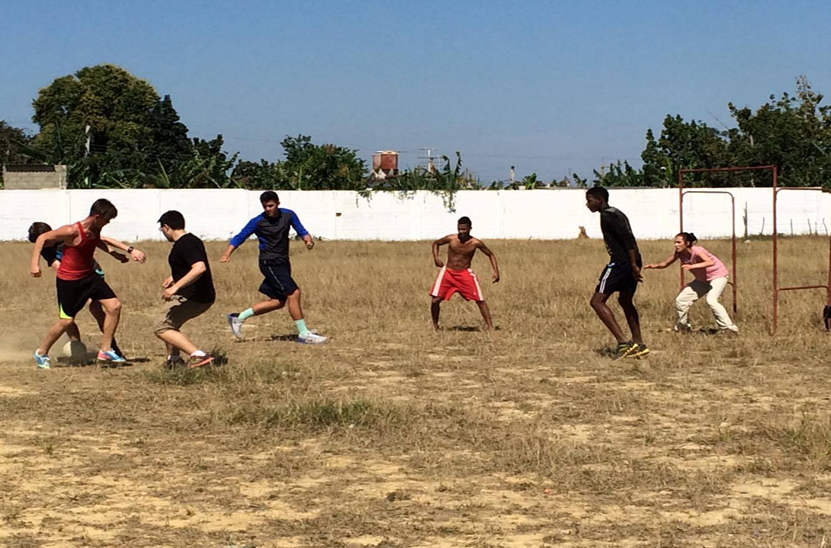
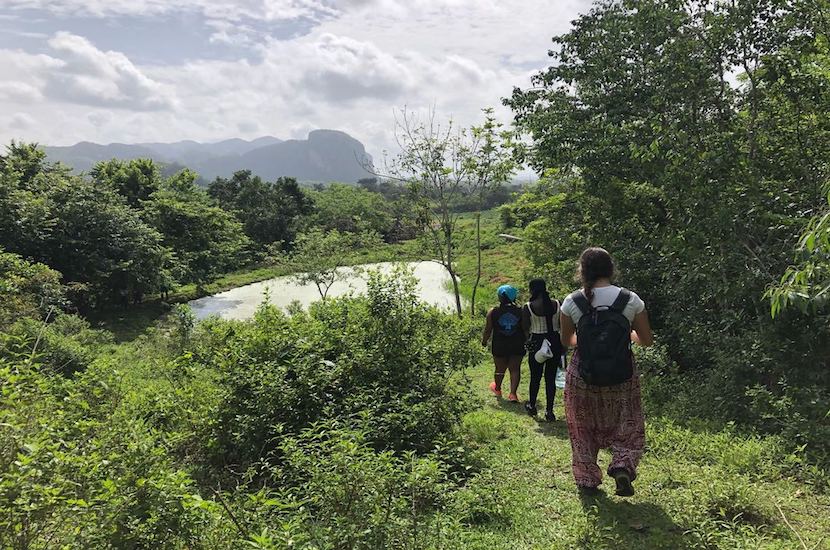
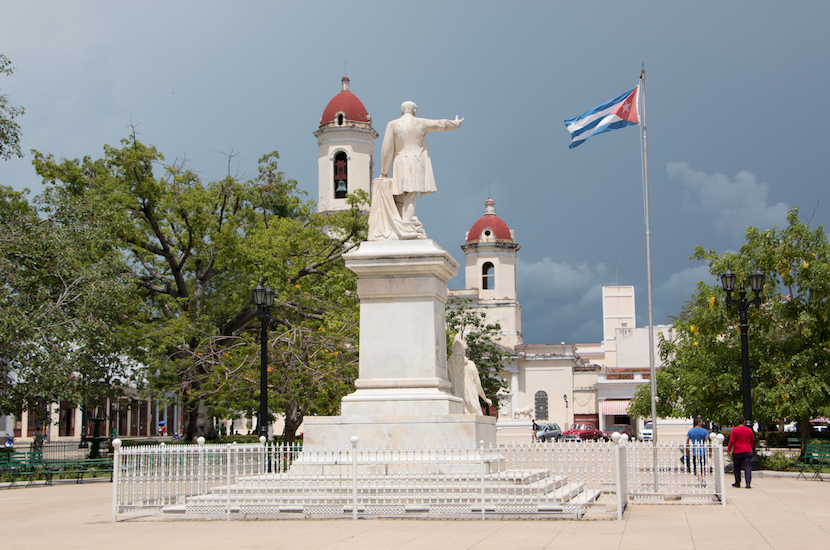
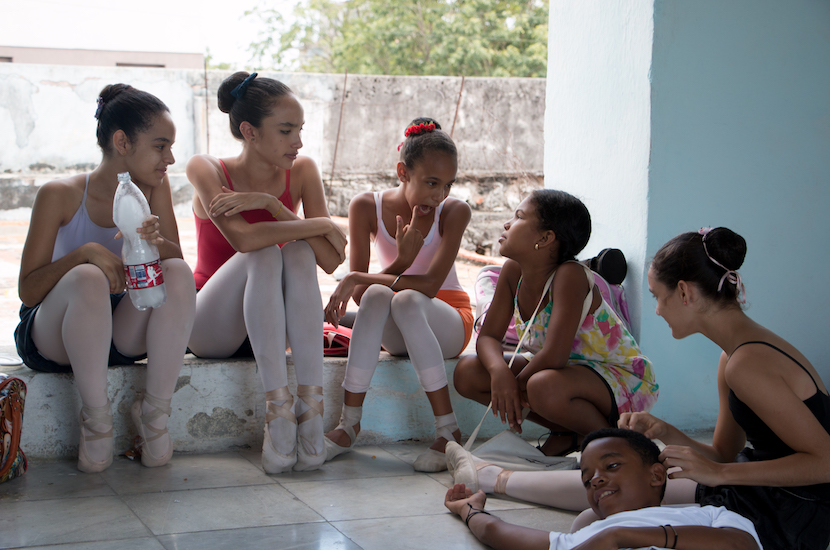
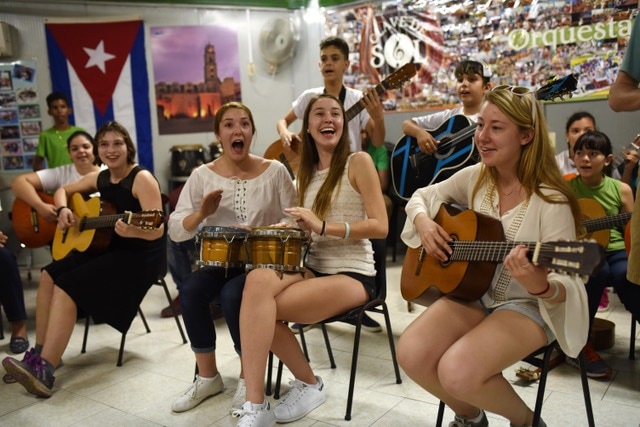
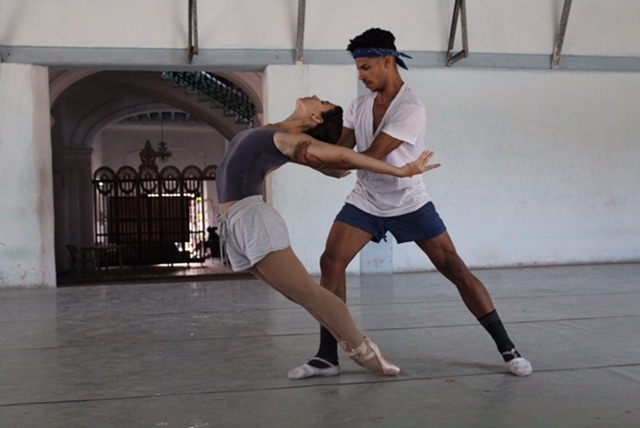
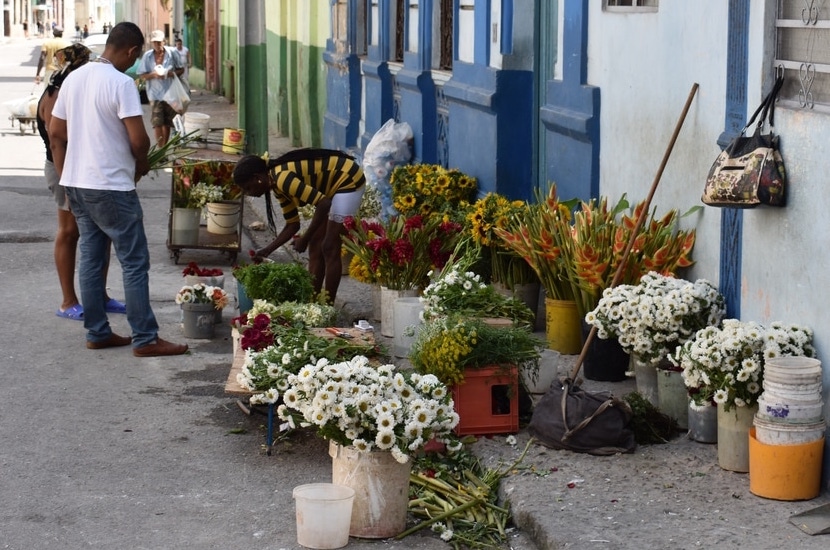

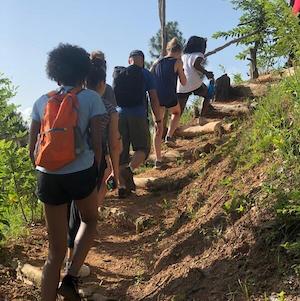
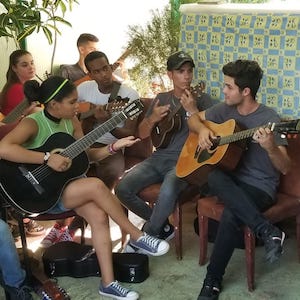
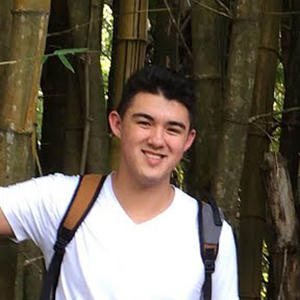
 Explore WLS
Student travel locations
Explore WLS
Student travel locations

